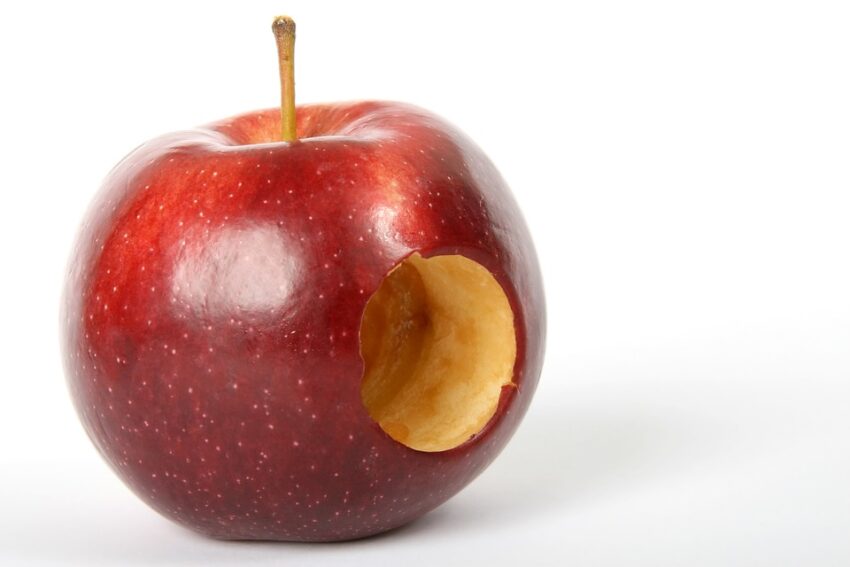

Weight loss can be a challenging and frustrating journey for many people. With so much conflicting information available, it can be difficult to understand how our bodies actually burn fat and lose weight. However, by understanding the science behind weight loss, we can better equip ourselves to achieve our goals and maintain a healthy lifestyle.
One of the key elements of weight loss is understanding how our bodies actually burn fat. The process of fat burning is known as lipolysis, which is the breakdown of fat molecules into smaller components that can be used for energy. This process is regulated by hormones such as insulin, glucagon, and adrenaline, which signal the body to either store or release fat for energy.
When we consume more calories than we burn, our bodies store the excess energy in the form of fat for later use. In order to burn fat and lose weight, we need to create a calorie deficit by consuming fewer calories than we expend. This forces the body to tap into its fat stores for energy, leading to weight loss.
In addition to creating a calorie deficit, there are other ways to promote fat burning and weight loss. One of the most effective methods is through exercise, which helps to increase metabolism and build lean muscle mass. Muscle tissue is more metabolically active than fat tissue, meaning that the more muscle you have, the more calories you burn at rest.
Another important factor in weight loss is the type of foods we eat. Consuming a diet high in whole, unprocessed foods such as fruits, vegetables, lean proteins, and whole grains can help to promote fat burning and weight loss. These foods are rich in nutrients and fiber, which help to keep us feeling full and satisfied while also providing the energy we need to fuel our workouts.
It’s also important to stay hydrated and get an adequate amount of sleep, as both of these factors play a role in weight loss and overall health. Dehydration can slow down metabolism and make it harder to burn fat, while lack of sleep can disrupt hormone levels and lead to increased hunger and cravings.
In conclusion, the science of weight loss is complex and multifaceted, but by understanding how our bodies burn fat and lose weight, we can make informed choices that will help us achieve our goals. By creating a calorie deficit, engaging in regular exercise, eating a healthy diet, staying hydrated, and getting enough sleep, we can promote fat burning and weight loss in a sustainable and effective way. Remember, weight loss is a journey, so be patient, consistent, and kind to yourself as you work towards your goals.






